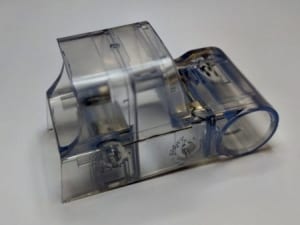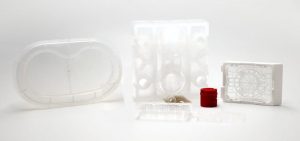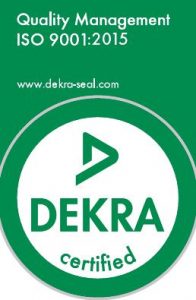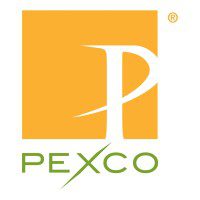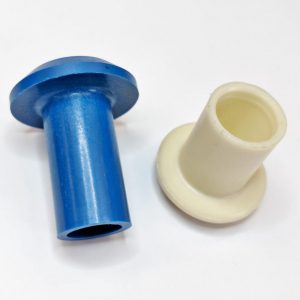 Nylon® is a synthetic thermoplastic polyamide that is known for its strength, temperature resilience, and chemical compatibility. It has been proven to be a lightweight, heavy-duty industrial engineering plastic replacement for metals that are resistant to both heat and corrosive chemicals.
Nylon® is a synthetic thermoplastic polyamide that is known for its strength, temperature resilience, and chemical compatibility. It has been proven to be a lightweight, heavy-duty industrial engineering plastic replacement for metals that are resistant to both heat and corrosive chemicals.
Nylon® is a great material for parts that undergo flexure and bending. With wear resistance far greater than many metals and other thermoplastics and a low coefficient of friction, Nylon® is ideally suited for use in slides, bearings, and other parts that need to stand up to high levels of motion and wear. Performance Plastics offers expertise in developing Nylon® resin formulations and combinations with other polymers such as glass, carbon, and mineral-reinforced versions. For example, Minlon®, a mineral-reinforced Nylon® provides greater dimensional stability and creep resistance than unreinforced Nylon®, and lower warpage than glass-reinforced Nylon®. As a result, it is popular for use in compressor valves and big industrial parts, as well as in demanding aerospace applications.
Performance Plastics has seen Nylon®’s applications grow to include a range of applications to move water, acids, lubricants, solvents, chemicals, and fuels in automotive, military, and aerospace environments. Although pump makers traditionally used various metals for pump housings, shaft guides, impellers, seals, bushings, and other elements, the desire to reduce pump weight, material, and processing costs have led many to opt for various Nylon® formulations instead. Performance Plastics can use Nylon® to offer a combination of physical strength, wear resistance, self-lubrication, and high cost-effectiveness.
Choosing the optimal Nylon® resin for an application depends on several factors, including the levels of pressure, temperature, and speed involved. In addition, the abrasiveness of the liquids or slurries involved, the degree of contamination that can be tolerated, and projected uses for the part must also be considered.
Nylon®’s toughness and elongation properties make it suitable for designs that involve snap-fits or press-fits. Injection-molded Nylon® parts from Performance Plastics are well-suited to secondary machining processes such as turning, drilling, tapping, and grinding, as well as ultrasonic insertion, ultrasonic welding, pad printing, and assembly.
To discover how Performance Plastics is partnering with world-class polymer scientists and industry-leading material suppliers to deliver nylon solutions, visit our website at https://performanceplastics.com or contact Rich Reed, our Vice President of Sales and Marketing, at (513) 321-8404 or [email protected].



